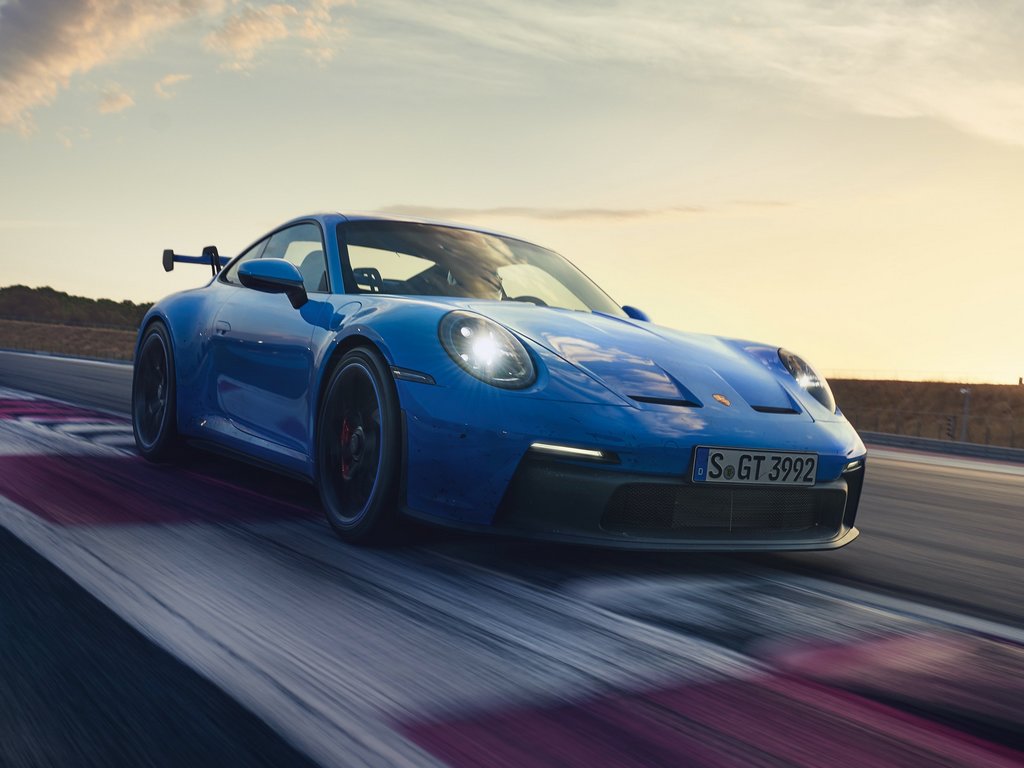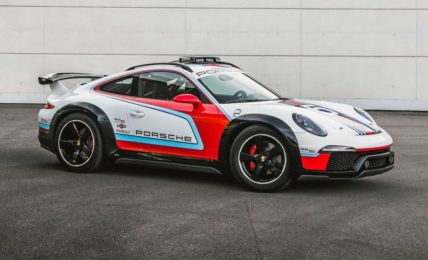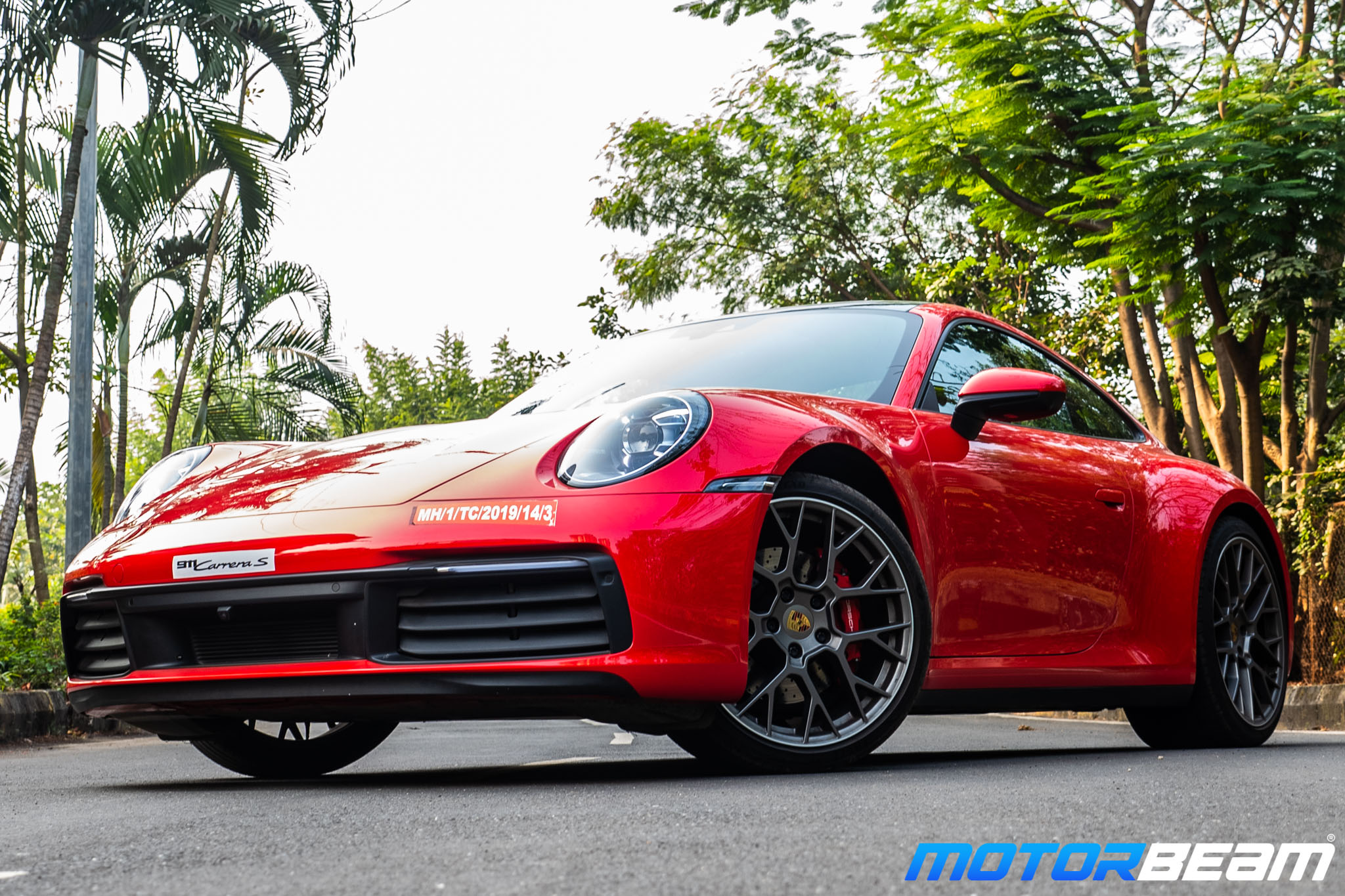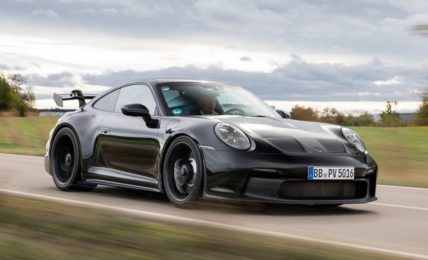
Porsche 911 to hold its ground as sole internal combustion model
Porsche has revealed its ambitious plan to electrify 80 percent of its car lineup by 2030, with its iconic 911 being the sole survivor among its internal combustion models. This move comes as part of the company’s commitment to embrace electric mobility and reduce its carbon footprint.
The German performance carmaker’s decision has garnered attention from environmentalists, who are closely monitoring Porsche’s investment in e-fuels and its advocacy for the European Union to permit e-fuel vehicle sales after 2035.
Porsche will embark on its electrification journey with the Macan, followed by the 718 and then the best-selling Cayenne. However, the beloved 911, which accounted for 13 percent of sales in 2022, will continue to be produced with a combustion engine for as long as possible.
Karl Dums, the leader of Porsche’s e-fuels team emphasised that the brand’s electrification plans and e-fuel investment are distinct endeavours. E-fuel, which is produced from captured carbon dioxide and renewably sourced hydrogen, is considered carbon-neutral as it emits CO2 when burned, offsetting the captured CO2 during production.
Porsche’s collaboration with Chilean energy company HIF Global has put the automaker at the forefront of e-fuel development, particularly for the aviation industry and heavy vehicles, as the majority of passenger cars are expected to transition to electric power.
While e-fuels are gaining attention, experts suggest that they may find application primarily in niche, high-end models. Major automakers have already committed substantial funds to electrification, reaching a staggering $1.2 trillion, whereas e-fuel startups have attracted significantly less investment, totalling less than $1 billion.
Ferrari has also advocated for an EU e-fuels exemption, but plans to make 80 percent of its models electric or hybrid by 2030. Apart from Porsche, several smaller carmakers are eyeing the luxury, high-performance e-fuel market for customers who can afford the costly fuel, which can currently reach prices of up to $12.90 (Rs. 1057/-) per litre.




